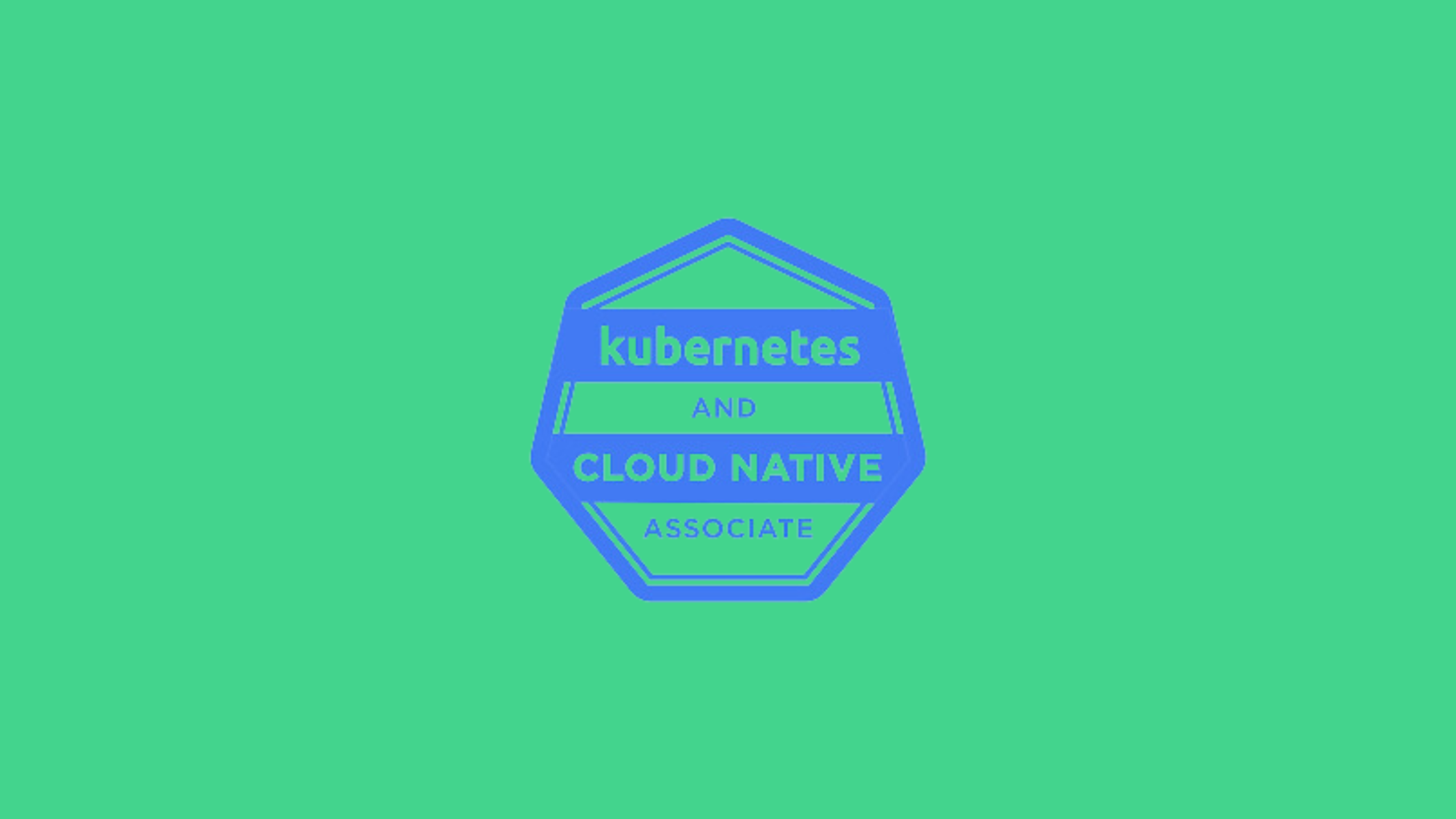The Kubernetes and Cloud Native Associate (KCNA) certification is designed to validate a candidate’s foundational knowledge of Kubernetes and cloud-native technologies.
This certification is an excellent starting point for individuals pursuing a career in cloud-native environments. In this guide, we provide a comprehensive learning path and study plan to help you prepare efficiently.
What is the KCNA Certification?
The KCNA certification focuses on Kubernetes fundamentals, container orchestration, and cloud-native principles. It’s ideal for beginners who want to break into cloud-native technologies or validate their understanding of these concepts.
Who Should Take This Exam?
- Cloud engineers and developers new to Kubernetes
- Students pursuing a career in DevOps or Site Reliability Engineering (SRE)
- Professionals looking to understand cloud-native principles
Exam Overview
- Duration: 90 minutes
- Format: Multiple-choice, multiple-select questions
- Prerequisites: None
- Cost: $250 (check for discounts or scholarships)
- Domains Covered:
- Kubernetes Fundamentals
- Container Orchestration Concepts
- Cloud-Native Architecture
- Application Lifecycle Management
- Observability and Monitoring
Learning Path
Step 1: Understand the Exam Domains
Begin by reviewing the KCNA Exam Curriculum. Focus on the key areas:
- Kubernetes basics
- Cloud-native ecosystem
- Security best practices
Step 2: Build Foundational Knowledge
1. Kubernetes Basics
- Learn core concepts: Pods, Nodes, Clusters, Services, and Namespaces.
- Study the Kubernetes API and CLI tools (kubectl).
- Recommended resources:
- Kubernetes.io Documentation
- "Kubernetes Up & Running" by Kelsey Hightower
- Techiescamp CKA Course
2. Containers and Orchestration
- Understand Docker and its role in containerization.
- Learn about container orchestration and its benefits.
- Practice building and deploying containerized applications.
- Recommended resources:
3. Cloud-Native Principles
- Study microservices architecture.
- Understand 12-factor app methodology.
- Learn about service meshes like Istio and Linkerd.
Step 3: Hands-On Practice
1. Set Up a Kubernetes Environment
- Use tools like Minikube or Kind (Kubernetes IN Docker) to create a local Kubernetes cluster.
- Explore managed Kubernetes services (GKE, EKS, AKS).
2. Deploy Sample Applications
- Deploy simple applications using YAML configuration files.
- Practice scaling and updating applications.
- Experiment with Kubernetes resources like ConfigMaps and Secrets.
3. Monitoring and Logging
- Install Prometheus and Grafana for monitoring.
- Set up Fluentd or Elastic Stack for centralized logging.
Step 4: Advanced Topics
1. Security and Networking
- Study Kubernetes network policies.
- Learn about role-based access control (RBAC) and security contexts.
- Understand container image scanning tools (e.g., Trivy, Clair).
2. Application Lifecycle Management
- Learn about CI/CD pipelines using tools like Jenkins, ArgoCD, and FluxCD.
- Practice rolling updates and canary deployments.
3. Cloud-Native Ecosystem
- Familiarize yourself with tools like Helm, Kustomize, and Knative.
- Study serverless computing and its integration with Kubernetes.
Step 5: Practice Mock Exams
1. Sample Questions
- Solve sample KCNA exam questions available on the Linux Foundation’s website.
2. Timed Practice
- Take full-length practice tests under timed conditions to build exam readiness.
3. Review and Improve
- Analyze your weak areas and revisit those topics.
Study Tips for Success
- Schedule Study Time: Dedicate at least 1-2 hours daily for 4-6 weeks.
- Join Communities: Engage in Kubernetes forums and Slack channels.
- Use Flashcards: Memorize key commands and concepts.
- Watch Tutorials: Leverage video content for visual learning.
- Stay Updated: Follow CNCF and Kubernetes blogs for the latest updates.
Day-by-Day Study Plan (30 Days)
Week 1:
- Kubernetes fundamentals: Pods, Services, Deployments
- Practice with Minikube or Kind
Week 2:
- Cloud-native principles and container orchestration
- Deploy a sample application
Week 3:
- Security, RBAC, and networking
- Install and configure monitoring tools
Week 4:
- Practice mock exams and review weak areas
- Focus on CI/CD pipelines and lifecycle management
Conclusion
The KCNA certification is an excellent starting point for a rewarding career in Kubernetes and cloud-native technologies.
By following this structured learning path and study guide, you’ll be well-prepared to ace the exam and gain valuable skills. Remember to stay consistent, practice regularly, and leverage the available resources to ensure success.
Good luck on your KCNA certification journey!
